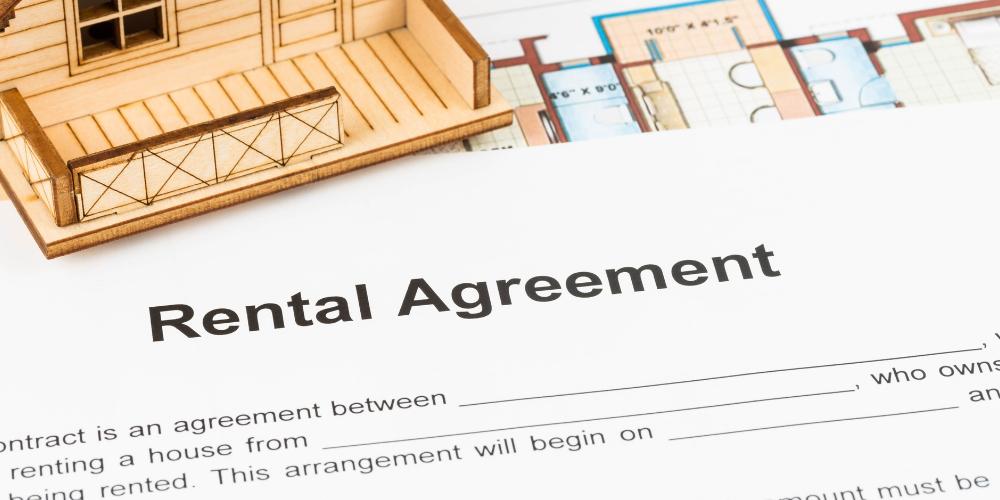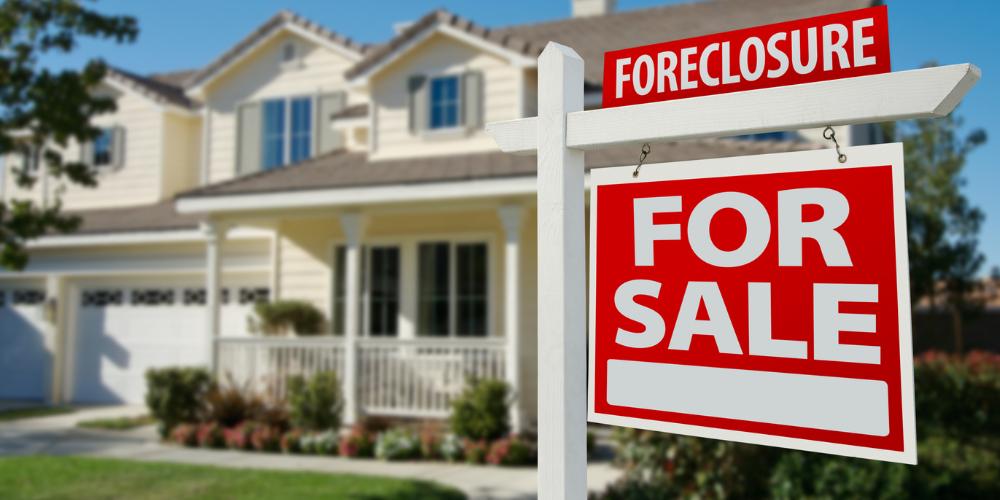When you take out a loan, the lender will often ask for assurance that you pay them back by requiring some form of collateral in a process known as hypothecation. Hypothection is common in real estate, however there are many common misconceptions about what it means. Here is a look at hypothecation in real estate and what you need to know.
What Is Hypothecation In Real Estate?
Hypothecation refers to pledging an asset as a form of collateral to secure financing from a lender. It is effectively a form of asset based lending. In the real estate industry, hypothecation refers to the act of pledging a property for a loan. However, the collateral can be any valuable asset, such as cars, boats, or stocks.
The lender does not obtain any ownership rights, and the borrower will still possess the title and the ability to use the property however they see fit. But, hypothecation does allow the lender to seize the property if the borrower does not pay them back or does not honor their agreement.
Hypothecation is common in the real estate industry. Anytime you borrow against a home or take out a loan to purchase a property, hypothecation occurs. Although they go hand in hand, hypothecation is a slightly different concept than a mortgage or lien.
How Does A Hypothecation Agreement Work?
A hypothecation agreement is a contract you sign with a lender allowing you to use an asset you own as collateral to take out a loan. The lender will assess the value of your property and allow you to borrow a certain amount of money against the home. That gives them more assurance that they can recoup their loss by seizing the property if something happens and you can’t repay the loan.
Both parties will then sign a promissory note confirming the assets the borrower is willing to pledge, as well as the repayment terms, known as a hypothecation agreement. The hypothecation agreement does not transfer any ownership rights to the borrower. But if the borrower stops adhering to the terms of the promissory note (most commonly through non-payment), the lender can begin the foreclosure process to neutralize their loss.
Examples of Real Estate Hypothecation

Hypothecation is a common practice in both residential and commercial real estate. Common examples of hypothecation in real estate include:
An Investment Property: A popular example of hypothecation in residential real estate is a rental property. Many real estate investors take out loans to finance an investment property, rent it out to tenants and use the cash flow to pay back the loan, requiring a hypothecation agreement.
A Second Mortgage: Hypothecation is also involved when you borrow against the equity in your home with a second mortgage. When you get a home equity loan, HELOC or another form of second mortgage, you are borrowing against the percentage of the property that you’ve paid off. The equity acts as collateral, meaning it’s a form of hypothecation in residential real estate.
A Commercial Property: Hypothecation is also common in the commercial real estate industry. Real estate investors often use loans to purchase or develop commercial spaces. Similar to a residential property, the loan will be secured by the property, which indicates hypothecation.
What Is A Hypothecation Mortgage?
A hypothecation mortgage is a home loan that is secured by the property or some other asset. When you take out a loan to purchase a primary residence or investment property, you need to assure the lender that you won’t turn around and sell the property and walk away without paying back the loan. So they will have you sign a mortgage agreement that pledges the underlying asset as collateral.
In some instances, you may even decide to hypothecate another valuable asset to secure the loan as well. Say, for instance, you want to purchase another rental property but don’t quite meet the lender requirements because you have too much debt. You may hypothecate another property in your portfolio to secure the loan and give the lender more assurance that you are not a risky borrower. This may be beneficial if you want to avoid paying a higher interest rate or down payment.
But understand that hypothecation and mortgage aren’t interchangeable terms. When you take out a mortgage, you only retain full ownership rights once you pay off the loan. The lender will usually hold the title throughout the duration of the loan, although you will still retain ownership and property rights. Hypothecation offers full property rights while still using the asset as collateral.
Can Hypothecated Property Be Sold?
Yes, you can sell your hypothecated property but the lender must be repaid before you can collect any of the profits. You retain ownership rights over the property while you repay the loan, which includes the right to sell the home when you wish. But if you still have an outstanding loan balance, you must get permission from the lender and state your intention to repay the balance.
In most cases, they will allow you to sell as long as you can cover what you owe, although they may require a prepayment penalty if you are terminating the loan before the agreed-upon date. You must contact them to determine their terms for selling the property early.
Importantly, hypothecation allows you to sell your property whenever you like because you still retain the full rights of ownership. So as long as you can repay the loan, the lender won’t stop you from moving forward with the transaction.
What Happens if the Borrower Defaults on a Hypothecated Asset?

If a borrower defaults on a hypothecated asset, the lender has a right to repossess it and sell it to recoup the lost investment.
In most cases, they will give you a grace period to catch up if you stop making payments. But if enough time has passed and you continue to get behind on payments, they will eventually begin foreclosure and take possession of the asset. They will then attempt to short sell it to get back as much as possible. Otherwise, it will sit on their books until they find a new buyer.
If you find yourself getting behind on the payment of a hypothecated property, you should contact the lender and try to work out a deal. Although they will eventually seize the property if they have to, it’s often difficult and time-consuming. So, if you can come up with a partial payment, they may be willing to work with you.
Final Thoughts
Hypothecation is a common concept in both residential and commercial real estate investing. It is crucial to the flow of capital in the business and ensures that borrowers can access the funds they need and lenders can feel secure in providing loans. But it’s crucial to understand the expectations when you hypothecate a property, or you could end up losing it.



